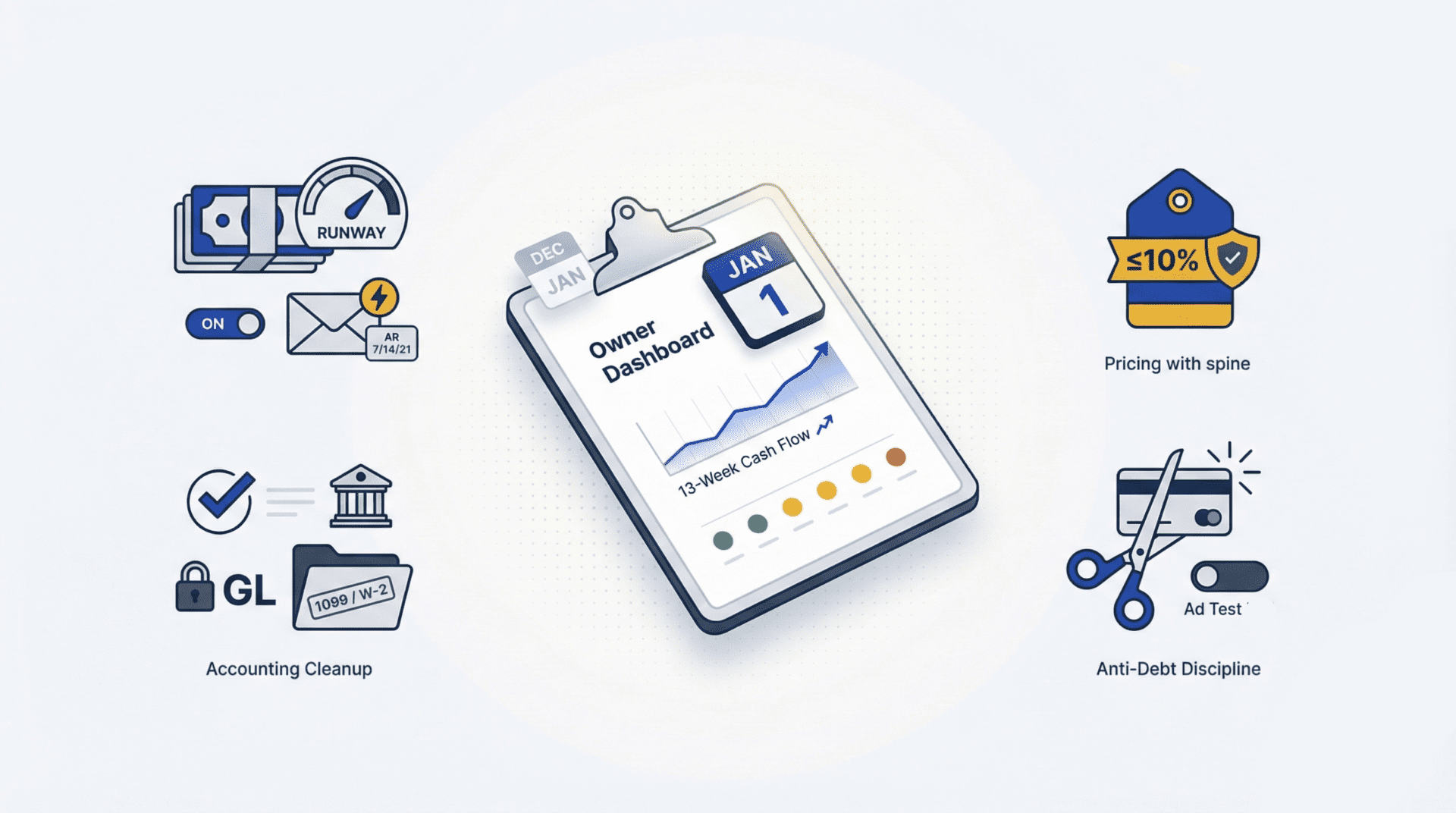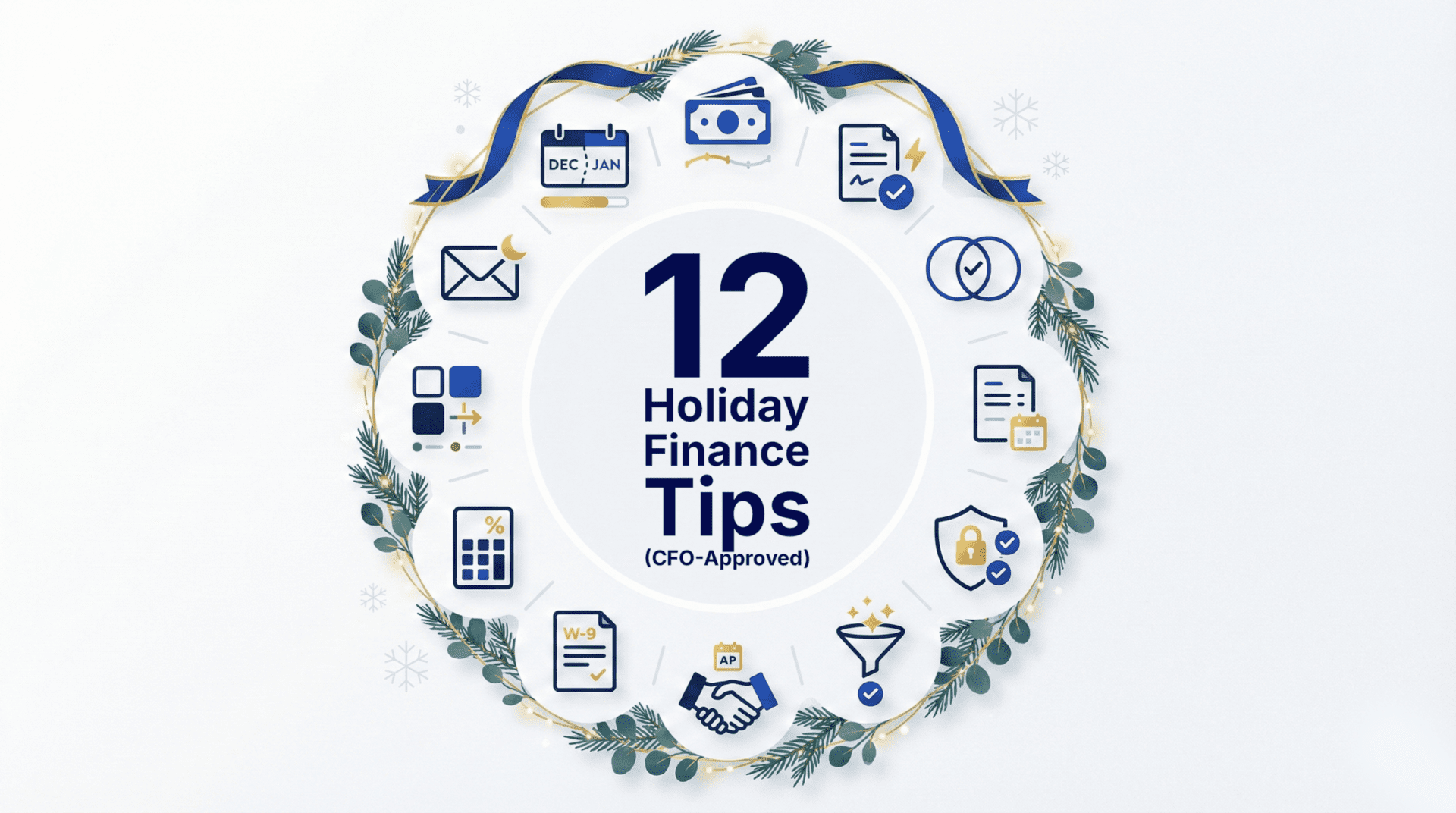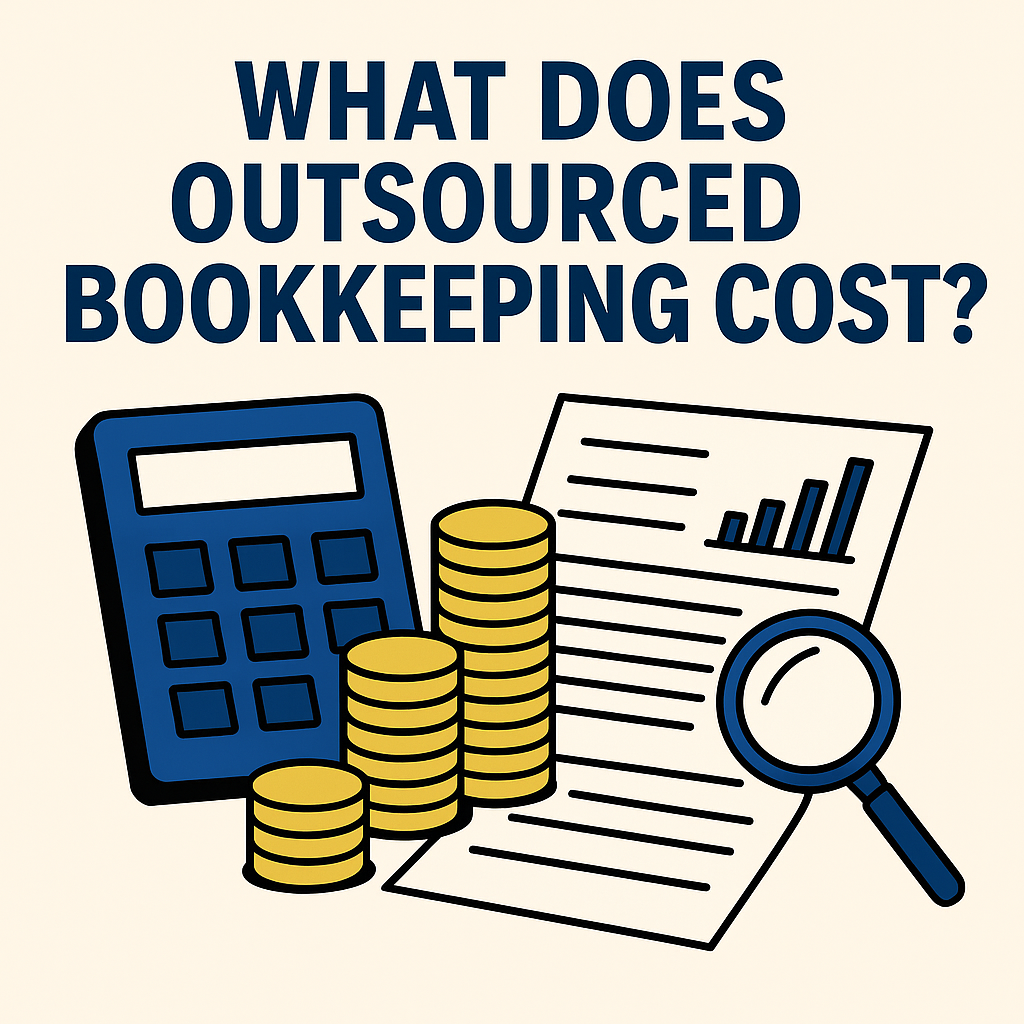
Strong business credit opens doors to larger credit lines, lower interest rates, and vendor terms that keep cash flowing.
This guide walks you through every step from choosing the right entity to picking the best credit cards so you can build business credit confidently and apply for the funding your company needs.
Why Business Credit Matters
Business credit is a track record of how responsibly your company manages debt.
Unlike personal credit, which is tied to your Social Security number, business credit is linked to your Employer Identification Number (EIN) and tracked by commercial credit bureaus such as Dun & Bradstreet, Experian Business, and Equifax Business.
Key benefits of solid business credit:
| Benefit | What It Means Day-to-Day |
|---|---|
| Larger credit lines | Finance inventory without tapping personal savings |
| Lower interest rates | Reduce borrowing costs on term loans or equipment financing |
| Favorable vendor terms | Net-30 or Net-60 invoices improve cash flow |
| Separation of liability | Protect personal assets from business debts |
| Faster SBA or bank loan approval | Lenders rely on business scores instead of personal guarantees |
Step 1 – Establish a Legal Business Entity
Before any bureau can track your company, the company must exist in the eyes of the state and the IRS.
Choose Your Structure
| Entity Type | Setup Effort | Liability Shield | Default Tax Filing |
|---|---|---|---|
| Sole proprietorship | Minimal | None | Schedule C |
| Single-member LLC | Low | Strong | Schedule C |
| Multi-member LLC | Moderate | Strong | Partnership |
| S corporation | Moderate | Strong | 1120-S |
| C corporation | Higher | Strong | 1120 |
Most entrepreneurs start with an LLC for simplicity and protection.
File Articles of Organization with your state, obtain an EIN from the IRS (free), and adopt an operating agreement.
Get a Dedicated Business Address and Phone
Credit bureaus verify legitimacy through public records.
Use a commercial address (not a P.O. box) and a business phone line listed in 411 directories.
Step 2 – Get a Business Credit Profile
Think of a credit profile as your company’s résumé.
Three bureaus dominate commercial reporting:
| Bureau | Report Name | Free Access Path |
|---|---|---|
| Dun & Bradstreet | PAYDEX Score | dandb.com (basic tier) |
| Experian Business | Intelliscore Plus | experian.com/business |
| Equifax Business | Business Credit Report | equifax.com/business |
Obtain a D-U-N-S Number (D&B)
- Visit dandb.com.
- Search your company; if not listed, request a D-U-N-S.
- Verify details—legal name, address, NAICS code.
- Add trade references (vendors you pay on Net-30 terms).
Create Vendor Tradelines
Start small:
- Uline shipping supplies (reports to D&B)
- Quill office products (reports to D&B)
- Summa Office Supplies (reports to Experian)
Order monthly, pay invoices in full by day 25, and request that vendors report your payment history.
Step 3 – Use Credit Wisely
Responsible usage accelerates score growth.
Open a Business Credit Card
| Card | Annual Fee | Intro APR | Reporting Bureaus |
|---|---|---|---|
| Chase Ink Business Cash | $0 | 0 % 12 mo | D&B, Experian, Equifax |
| Amex Blue Business Plus | $0 | 0 % 12 mo | Experian, D&B |
| Capital One Spark Classic | $0 | N/A | All three |
Tips:
- Use the card for routine expenses (ads, SaaS, travel).
- Keep utilization below 30 % of the limit.
- Pay the statement balance in full each cycle.
Add Installment Credit
A small equipment loan or line of credit diversifies your file:
- Apply for a $2 000 micro-loan through Kiva or Accion.
- Set autopay so you never miss due dates.
- Ask the lender to report to all three bureaus.
Quick Tips to Improve Credit
- Pay invoices early; Many bureaus reward “1–15 days” faster than “on time.”
- Keep old accounts open; age of file boosts scores.
- Monitor reports quarterly; dispute any inaccuracies within 30 days.
- Avoid maxing out credit lines: utilization < 10 % is ideal.
- Add positive trade references through vendors that self-report.
FAQ’s
What is a good business credit score?
- D&B PAYDEX: 80+ (out of 100)
- Experian Intelliscore: 76+ (out of 100)
- Equifax Business Credit: 90+ (out of 100)
How long before I can apply for a loan?
Most lenders require at least six months of reported payment history and a PAYDEX of 75 or higher.
Does personal credit still matter?
Early-stage lenders may review personal scores, but strong business credit reduces or eliminates personal guarantees over time.
Can I build credit without revenue?
Yes – trade lines and secured business cards report payment behavior, not sales volume.
How often should I check my business credit?
Quarterly reviews catch errors early and track improvement.
Ready to Build Business Credit Without Guesswork?
CleverProfits delivers U.S.-focused bookkeeping, tax planning, payroll and fractional CFO services that include setting up your entity, obtaining D-U-N-S numbers, and monitoring your credit profile year-round.
Schedule your free credit-build kickoff call today and turn your next vendor invoice into your next funding opportunity.
The Clever Writing Team
The CleverProfits writing team includes various team members in Advisory, Financial Strategy, Tax, and Leadership. Our goal is to provide relevant and easy-to-understand financial content to help founders and business leaders reach their true potential.
TABLE OF CONTENTS
- build business credit, business credit, business credit score, business loan tips, CleverProfits bookkeeping, Dun & Bradstreet D-U-N-S, establish business credit profile, getting your credit record up in 2025, improve business credit, LLC credit, quarterly credit review, S-corp credit, small business credit cards, small business guide for credit






